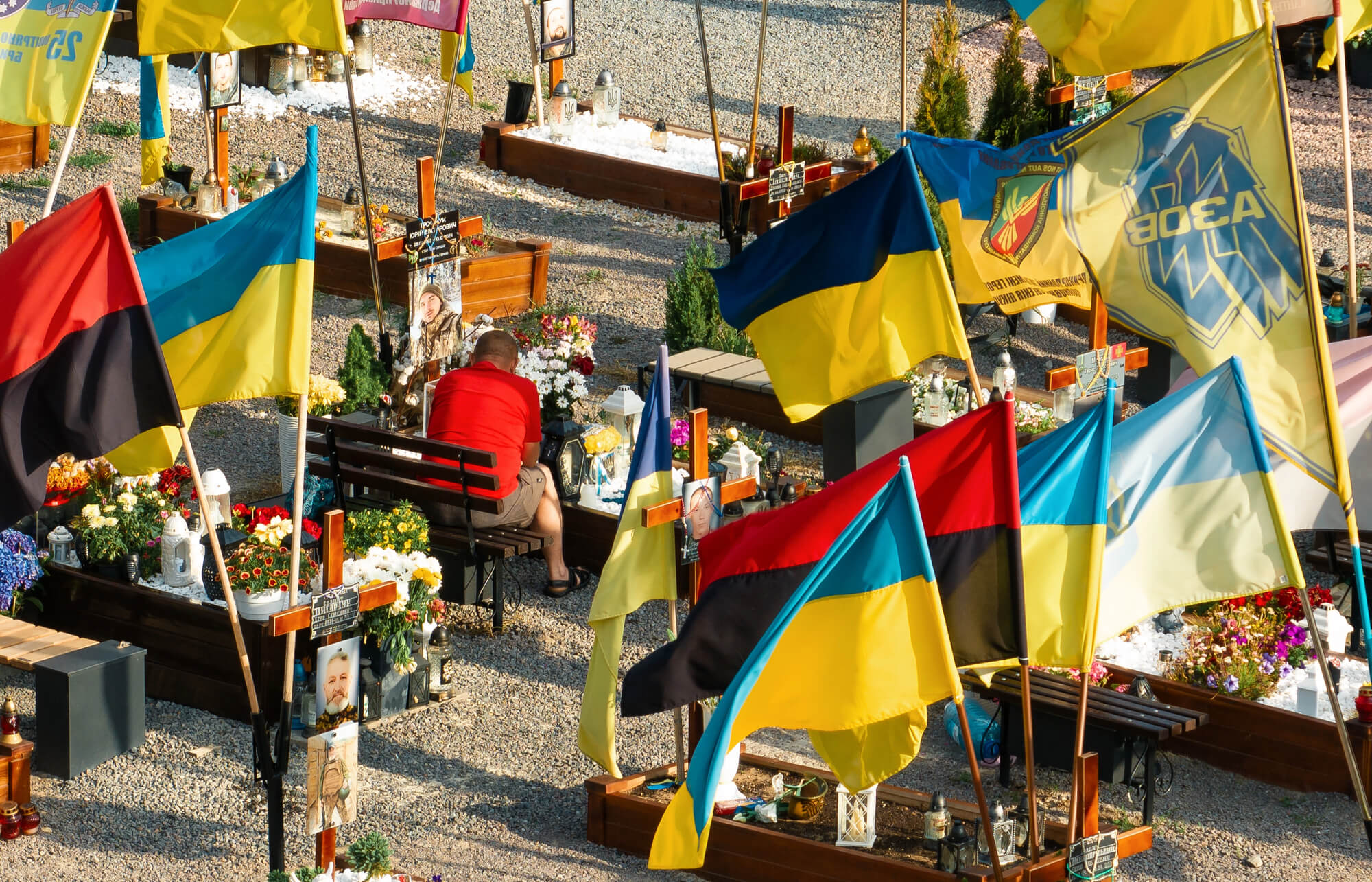According to the Ukrainian Ministry of Education, Russia’s attacks on Ukraine have damaged over 2000 educational institutions and destroyed almost 300. Numerous university students, faculty, and staff have been displaced or have joined the war effort.
As the new academic year approaches, government officials, faculty, administrators, and students are tackling the massive challenges of keeping education going in wartime. The survival of many Ukrainian universities is now at stake due to lack of funding, displaced staff and students, and destroyed infrastructure.
In Ukraine, universities’ revenue largely comes from tuition fees, covered by the government or the students. Both sources have been undermined by the war. The Ukrainian government is understandably directing a lion’s share of its resources to war efforts. Universities expect this income source to fall considerably (perhaps by two-thirds or more) in the coming academic year. Many domestic students have left the country, and the parents of many remaining students have been displaced, often losing their jobs, so they will struggle to cover their children’s university fees. The previously vibrant international student community is expected to shrink substantially in the next academic year. The end result is that, for many institutions, revenue will be a fraction of what is needed to educate the remaining students.
Anticipating huge budget cuts, some faculty have preemptively left to pursue other careers. Others seek to stay in academia, competing for limited posts, even if they are outside of Ukraine, niche, and in-person. But faculty who left Ukraine also face language challenges in research and teaching, which constrains what posts they can find abroad. The war thus threatens not just the current cohort of university students, but the future of higher education in Ukraine as a whole.
Another challenge posed by the ongoing war is that many institutions do not have enough suitable bomb shelters for safe in-person learning. Online education will therefore be needed in many areas, but that also presents difficulties. The lack of Ukrainian-language content and poor knowledge of English limit the online educational opportunities for Ukrainian students. University servers lack capacity, and increasing it is costly. Effective online exams, difficult in peacetime, are even more challenging in wartime.
What can be done? First, strategic partnerships with North American and European universities can help good Ukrainian universities survive. There are currently few such partnerships, but prominent examples include KSE and the University of Toronto, Ukrainian Catholic University and the University of Notre Dame, and Kyiv Mohyla Academy and the University of Toronto.
Second, remote fellowships for Ukrainian faculty who are unwilling or unable to leave Ukraine–which includes most men between the ages of 18 and 60–can maintain or even improve Ukraine’s human capital. Such fellowships are cheaper to fund and easier to administer than an in-person position, allowing more Ukrainian faculty to take advantage of them. Several universities, including Indiana University, Bloomington, are pioneering such nonresidential fellowships. More informal collaborations could also be fostered, most notably in terms of integrating the Ukrainian research community into national and international research projects. For example, more efforts to allow Ukrainian researchers to be part of NSF grants or other programs would be welcome. One recent example is the University of Toronto’s launch of the Stand with Ukraine Program.
Finally, external resources are essential for online education to be successful. Coursera, edX, and Udemy have freely supplied many courses to Ukrainians, but to reach even more Ukrainian students funding for more translated content will be required. Multinational corporations can provide additional server space or even donate equipment to address the growing technological needs of students and staff.
Overall, the higher education situation in Ukraine is highly perilous and uncertain. But one thing is clear: the longer Ukraine’s educational system is hampered by Russia’s war, the more human capital will be lost. The time for the rest of the world to step in and help is now.
Attention
The authors do not work for, consult to, own shares in or receive funding from any company or organization that would benefit from this article, and have no relevant affiliations



